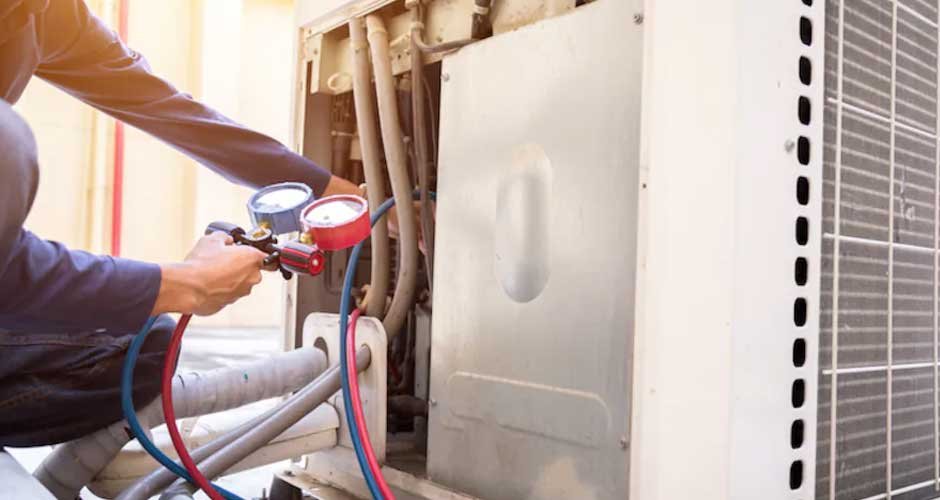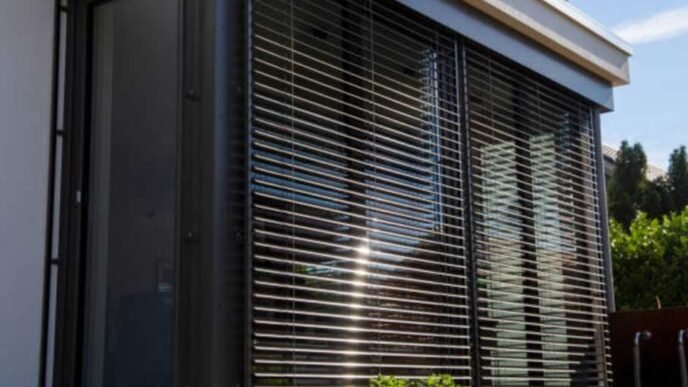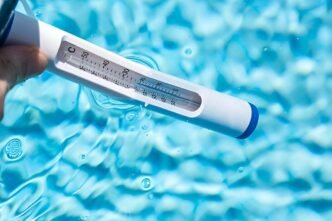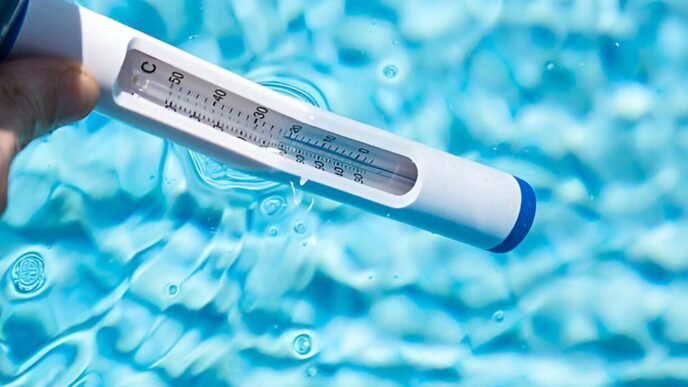An air conditioning (AC) unit needs regular tune-ups to facilitate smooth operation and enhance performance. During a tune-up, a heating and cooling technician can replace air filters, clean the evaporator and condenser coils, and check refrigerant levels. The technician may also check coolant levels, address thermostat issues, or perform a full AC replacement if needed. Here are some factors that determine how often an AC unit needs a tune-up:
Age of the Unit
A new AC unit typically has less wear and tear, allowing you to schedule fewer tune-up sessions than an older unit. Performing more frequent tune-ups on an older AC unit can help minimize breakdowns during hot weather. It also provides more opportunities for a technician to recommend efficiency-boosting upgrades or adjustments, such as adjusting refrigerant levels or cleaning condenser coils, to enhance your unit.
Environmental Factors
Tune-up frequency can depend on the environmental factors of the area in which the AC unit is situated. AC units in areas with harsh climates or lengthy summers may be used longer than in other areas. Cooling units that run for long hours will need more frequent tune-ups to maintain their efficiency. While an annual maintenance plan can be adequate in some locations, AC units in regions with extreme weather conditions may need more tune-ups. Cooling systems operating in humid and dusty environments may also need more frequent tune-ups to address issues like clogs and dirt buildup.
Manufacturer’s Recommendations
Some AC manufacturers may provide specific tune-up schedules for their cooling units. If the manufacturer specifies a certain number of tune-up sessions each year, make sure to comply. The company may have tested the AC unit to see how often it should be serviced for optimal cooling throughout the year. Following the manufacturer’s maintenance schedules can also be a requirement for keeping your appliance’s warranty valid if your compressor or fan motors malfunction.
When To Service Your AC Unit
A suitable time to service your AC unit is before the season you use it most. You may need to perform a tune-up sooner if you observe unusual noises like whistling, screeching, or gurgling. Increased electric bills, inefficient cooling, sudden increases in humidity levels, and mold-like smells are also signs that your unit needs to be inspected. If these signs persist after servicing the unit, you may need to schedule an AC replacement.
Benefits of Regular AC Unit Tune-Ups
Regular AC unit tune-ups offer several benefits that contribute to its efficiency, longevity, and overall performance. Some of these benefits include:
Improved Efficiency
During a tune-up, HVAC technicians clean or replace air filters and inspect evaporator and condenser coils. Clean components allow for better airflow and heat transfer, reducing the amount of energy required to cool the air. This can lead to increased energy efficiency and performance.
Prolonged Lifespan
Regular maintenance services can extend the functional life of your AC unit. This is because comprehensive tune-ups reduce the unit’s propensity to experience technical issues. Technicians can inspect key components such as coils, fans, motors, and electrical connections to keep them in good condition for longer.
Increased Reliability
Addressing potential issues during routine maintenance allows you to avoid unexpected breakdowns that could require emergency repairs. This proactive approach minimizes appliance downtime, maintaining a comfortable temperature in your home. It helps make sure your cooling system continues operating during peak cooling seasons when it is under maximum demand.
Improved Indoor Air Quality
Your unit’s filters trap dust, pollen, allergens, and other airborne particles, preventing them from circulating throughout your home. AC tune-up steps like cleaning the unit and replacing filters help minimize these pollutants. Regular tune-ups may mitigate the growth of mold and mildew. Properly serviced AC units also facilitate proper ventilation, improving the home’s air quality.
Schedule AC Replacement With an Experienced Technician
The number of tune-up sessions required depends on environmental factors, the age of the AC unit, and the manufacturer’s specifications. Performing more frequent tune-ups on your AC unit can minimize the occurrence of breakdowns and increase operational efficiency. An experienced technician can help you service your unit or perform a whole AC replacement to install a more modern system. Contact a reliable HVAC technician today to schedule a tune-up session for your AC unit.












